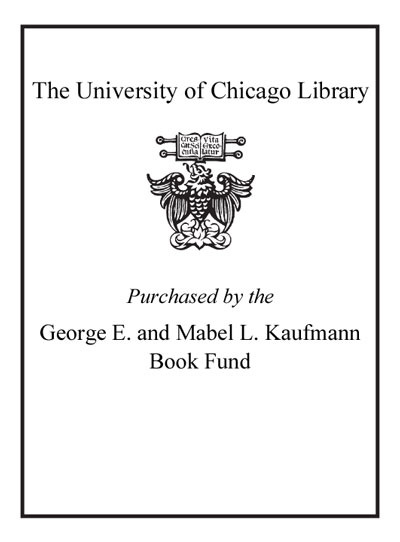Review by Choice Review
Norris continues the complex bridge-building project of his four previous books (Hilary Putnam, CH, Mar'03, 40-3942; Against Relativism, CH, Apr'98, 35-4452; Reclaiming Truth, CH, May'97, 34-5019; and Truth and the Ethics of Criticism, May'95, 32-5013) to defend a "normatively adequate" realist account of knowledge, rational explanation, and reference. Chapter 1 reviews debates over psychologism from Frege to Quine and Dummett, then offers an alternative, normatively adequate naturalized epistemology inspired by Philip Kitcher. Chapter 2 continues a similar line of realist argument in light of debates by Quine, Davidson, and McDowell over the "three dogmas" of empiricism. Chapters 3 and 4 develop Norris's position with particular reference to scientific knowledge and natural-language interpretation. Chapter 5 turns to Continental thinkers from Sartre to Derrida for overlooked insights on how to understand the question of doxastic responsibility. Finally, in chapter 6 Norris brings his realist arguments to bear against Kripke's reading of Wittgenstein on following a rule and its resultant communitarian account of knowledge. This chapter includes discussions of replies to Kripke by Wright, Tennant, and McDowell. Though not a book for beginners, this study, with its impressive scope, will help greatly advanced students and scholars interested in the variety of so-called analytic and Continental traditions. ^BSumming Up: Recommended. Upper-level undergraduates through faculty/researchers. R. M. Stewart Austin College
Copyright American Library Association, used with permission.
Review by Choice Review

